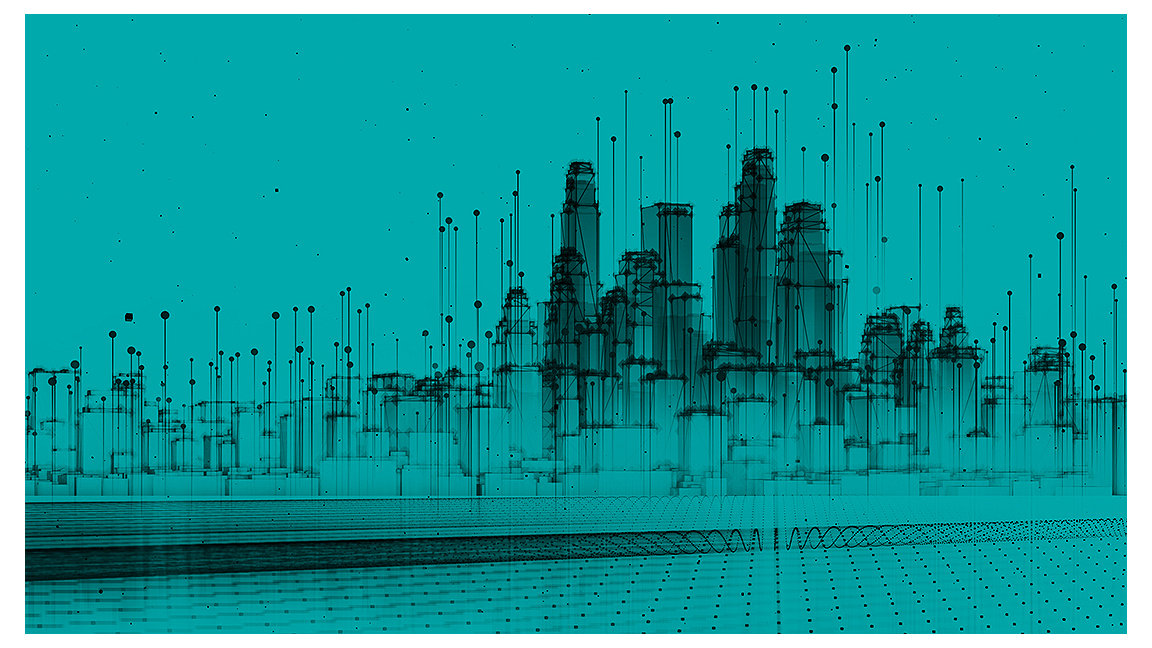
Blockchain has the potential to transform the real-estate market; in particular, tokenisation could enable new ways of conducting business and investing. The concept has been long anticipated by more technological players in the property profession. We have seen it used, for instance, for trophy properties including Lord's cricket ground and 103 Mount Street, Mayfair, and many predict its uptake will increase as it successfully sources funding for developments.
Blockchain is a type of distributed ledger, comprising digitally recorded data in packages called blocks linked in chronological order in a manner that makes the data highly resistant to alteration. Using blockchain technology, people can conduct business with unknown third parties without intermediaries. The data structure also offers speed, certainty, security and accuracy of information, and enables greater flexibility in structuring and executing transactions. HM Land Registry is actively looking into the potential use of blockchain as part of its Digital Street project with the aim of making property transactions simpler, quicker and cheaper.
In this context, tokenisation refers to the digitisation of an asset. An entity that owns a property can use blockchain to create tokens representing the ownership of a real-estate interest. A token can represent various interests: for example, ownership of the underlying property, an equity interest in a legal entity that owns the asset, an interest in a debt secured by the asset, or a right to share in profits arising from the use of the asset. Tokens can be traded on blockchain in a similar fashion to the way shares and bonds are traded on secondary markets.
Widespread use of tokenisation would, arguably, create greater liquidity in the property market. This is because investment in property typically requires a significant capital payment and a long-term commitment, whereas if the asset were unitised and traded on blockchain, investors would be able to buy a percentage interest at a lower price and then sell it with ease. This would open up the property market to investors who do not have sufficient capital to purchase an entire asset, and may broaden the market's appeal to investors looking to diversify.
The conveyancing process could also be streamlined, potentially increasing transaction frequency. By cutting out the intermediaries, trades could be made quickly and regularly, with purchase and sale of tokens by using standardised smart contracts whose terms are implemented automatically. Ultimately, this may remove the need for lengthy, complex and costly paper transactions in many cases.
Blockchain is considered secure and, if used in transactions across the real-estate market, could significantly reduce the instance of property fraud. Records are cryptographically protected, with each property given a unique code and linked to a smart key held by the owner, and the database is distributed across a network of computers so it difficult to hack. After a transaction has been recorded and confirmed on the blockchain, it is also very difficult to change. This should inspire confidence in investors as it is virtually impossible to falsify transactions after they have taken place.
Blockchain is on the radar of both the Financial Conduct Authority and the government. Tighter oversight and regulation is anticipated, although it is not yet clear what form that will take as various issues need to be considered, including how tokenisation will interact with established securities and land law principles. However, assuming a pragmatic approach is taken, it is hoped that such matters will start to be resolved in the near term.
While tokenisation is an unconventional way of raising money, the real-estate market is in a prime position to take advantage of it. The tangible, unique nature of real estate is readily understood by the general public, and trophy assets in particular carry premium appeal. As such, blockchain presents a significant opportunity for sourcing new money to invest in property – an opportunity that should be embraced.
Jane Dockeray is counsel knowledge lawyer and Jessica Thompson is trainee solicitor at Hogan Lovells
jane.dockeray@hoganlovells.com jessica.thompson@hoganlovells.com
Related competencies include: Big data Data management
